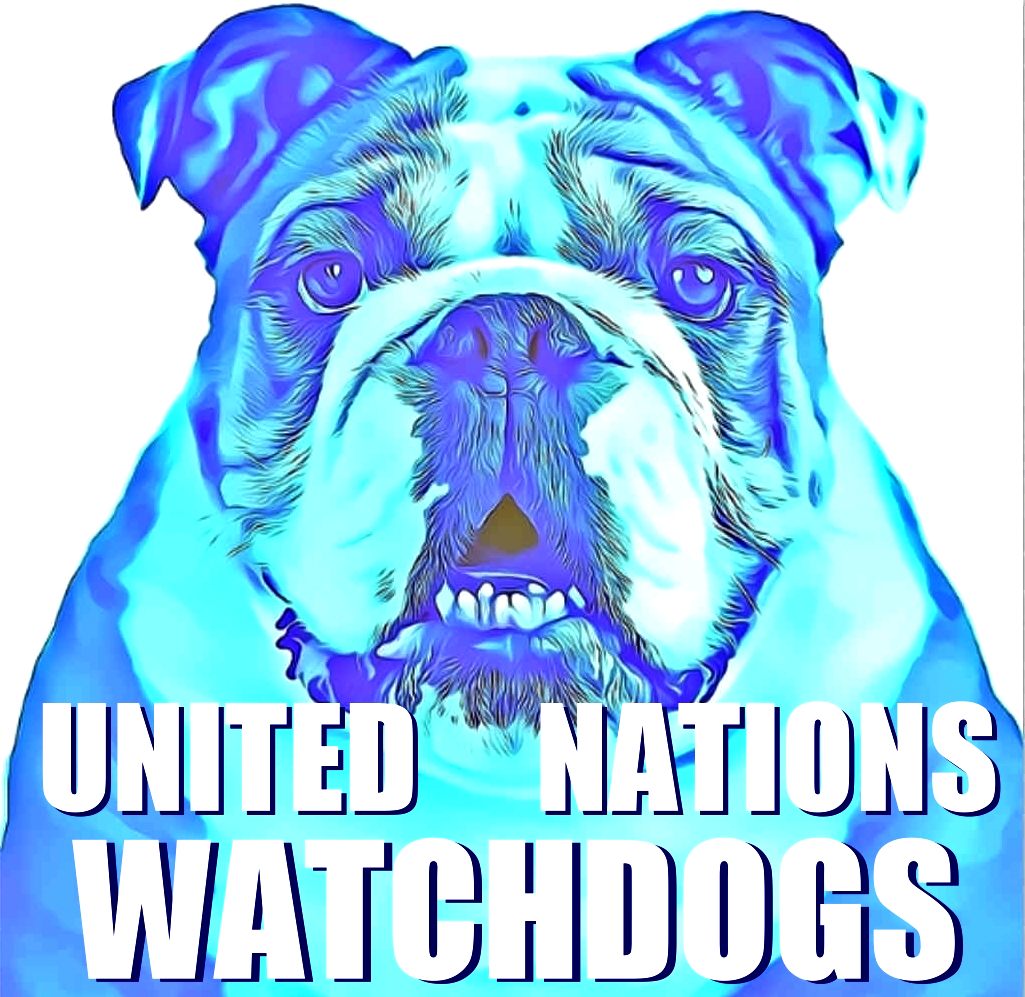|
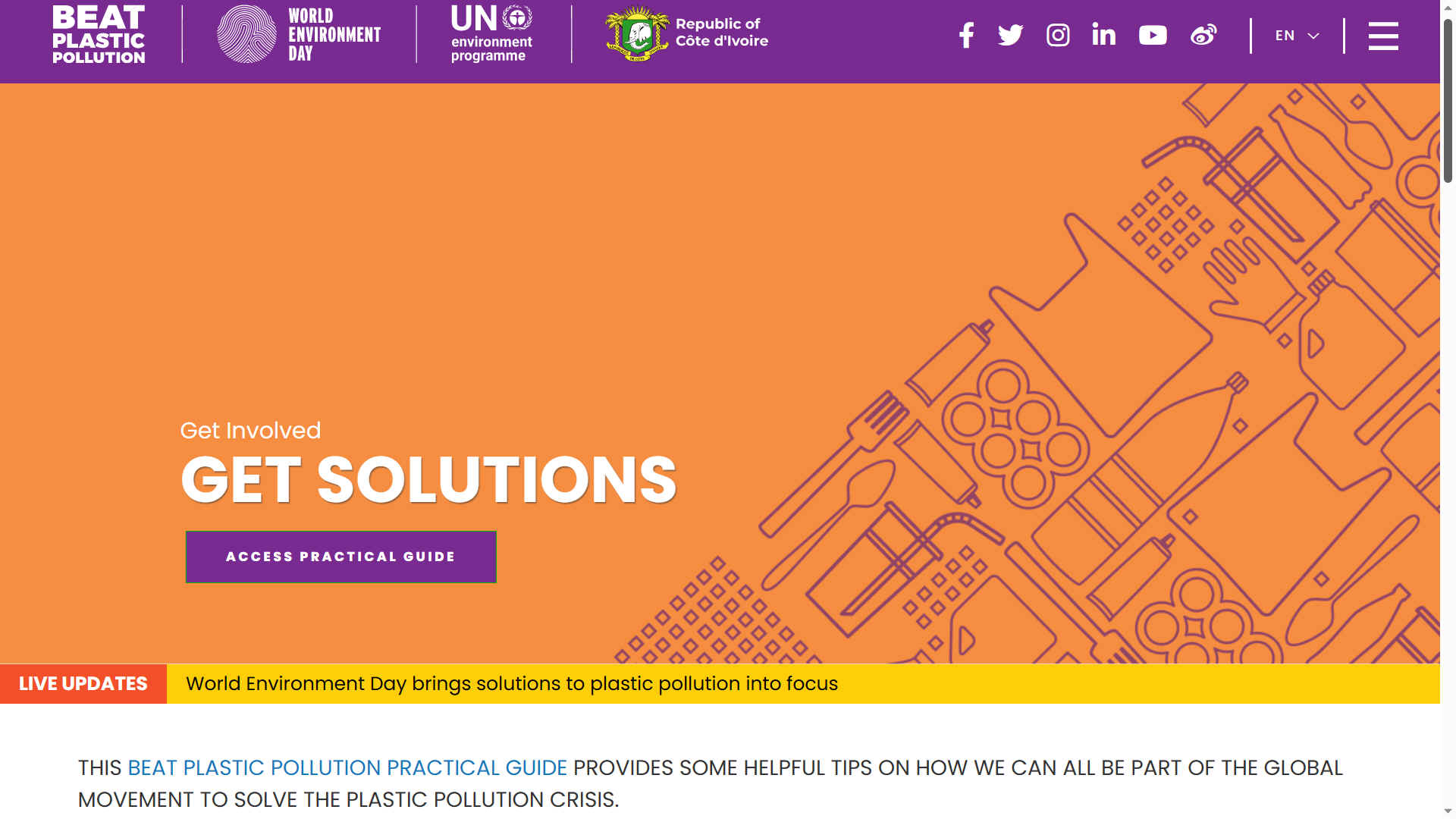
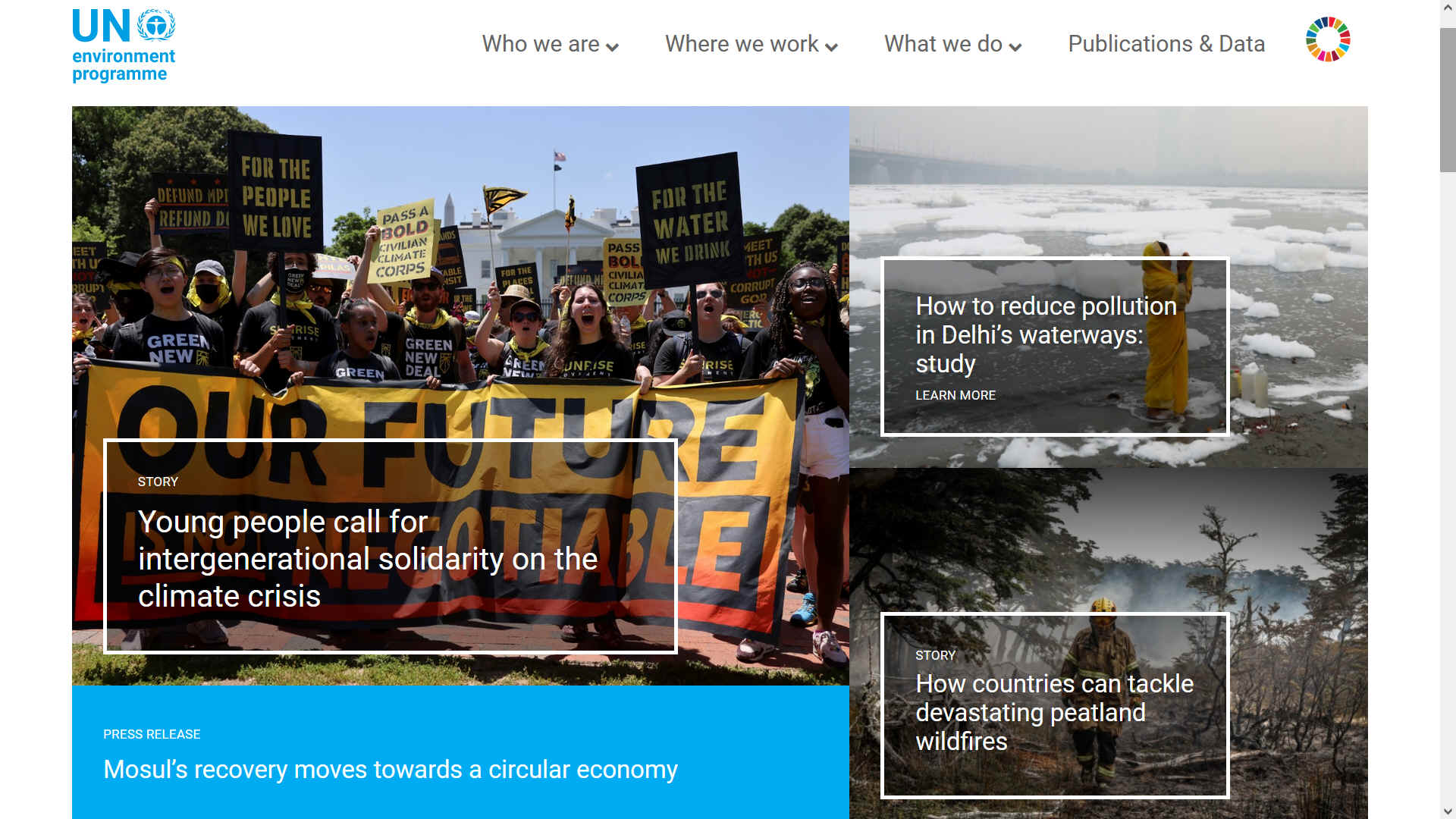
'UNEP'
is the United Nations
Environment Programme. UNEP’s mission is to provide leadership and encourage partnership in caring for the environment by inspiring, informing, and enabling nations and peoples to improve their quality of life without compromising that of future generations.
UNEP works on delivering transformational change for people and nature by drilling down on the root causes of the three planetary crises of climate change, nature and biodiversity loss, and pollution and waste. UNEP employs seven interlinked
sub-programmes for action: Climate Action, Chemicals and Pollutions Action, Nature Action, Science Policy, Environmental Governance, Finance and Economic Transformations and Digital Transformations.
Through its campaigns, particularly World Environment Day, UNEP raises awareness and advocates for effective environmental action.
Headquartered in Nairobi, Kenya, UNEP works through its divisions as well as regional, liaison and out-posted offices and a growing network of collaborating centres of excellence.
UNEP works closely with its 193 Member States and representatives from civil society, businesses, and other major groups and stakeholders to address environmental challenges through the UN Environment Assembly, the world’s highest-level decision-making body on the environment.
The organization hosts the secretariats of many critical multilateral environmental agreements and research bodies.
The Executive Director and Senior Management Team lead the implementation of UNEP’s Medium-Term Strategy (MTS). The four-year MTS articulates UNEP’s role in delivering the promises of the 2030 Agenda for Sustainable Development and the United Nations Conference on Sustainable Development (Rio+20) as well as its outcome document, “The Future We Want.”
UNEP supports Member States to ensure that environmental sustainability is reflected in development and investment planning and provides countries with the necessary tools and technologies to protect and restore the
environment. Its work is made possible by partners that fund and champion the mission. UNEP depends on voluntary contributions for 95 per cent of its income. Environmental
work includes looking at marine
litter and plastic as is spread throughout the
Pacific
Ocean, Indian
Ocean, Atlantic
Ocean,
Mediterranean
Sea
and Caribbean
Sea. Plastic waste though is on the increase. Mainly because there
are no major cleanup operations, or funding to develop any effective
means of filtering micro
and macro plastics from seawater. Then, there are ghost
fishing nets. Again, there is no official programme for dealing with
offending fishermen, or for collecting discarded nets. Recovery is
reliant on small organizations and volunteers, who only recover the
occasional net. Another
important issue is the sargassum proliferating in the Sargasso
Sea, then finding its way to the Gulf
of Mexico and Caribbean
Islands, where it ruins the local economy and ecology. Recovered seaweed
could be useful for:
BIOMASS
- BUILDING
MATERIALS - CANCER
- CLOTHING
& SHOES -
CO2
SEQUESTRATION - COSMETICS
FERTILIZERS
- FOODS
- MEDICINES
- MINERALS
-
PACKAGING
- SUPPLEMENTS
- VITAMINS
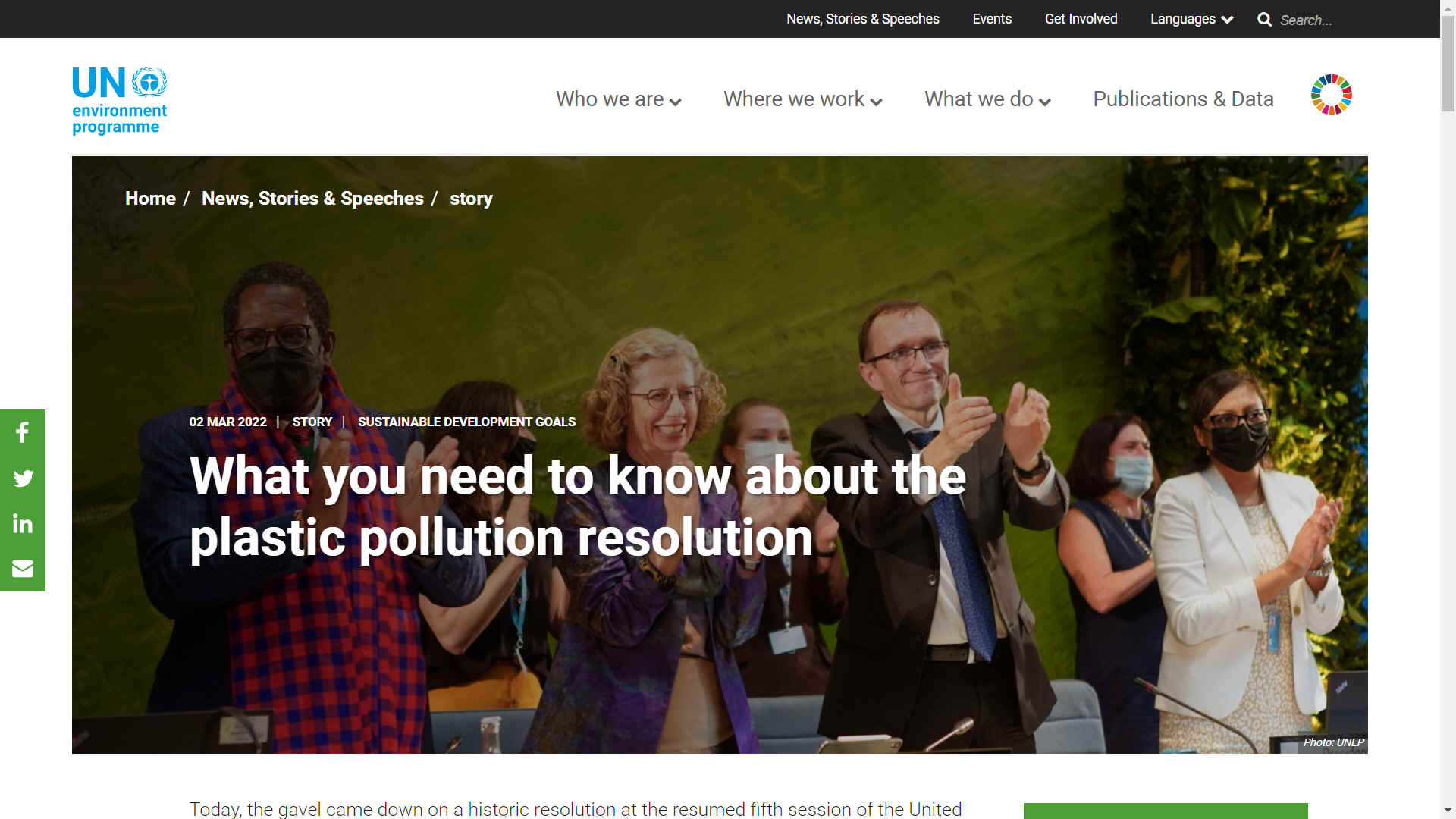
|
|
CONTACTS
UNEP
United Nations Avenue, Gigiri
PO Box 30552, 00100
Nairobi, Kenya
Tel: +254 (0)20 762 1234
Email: unep-newsdesk@un.org
Media enquiries: unep-newsdesk@un.org
Caribbean Environment Programme (CEP)
Address : 14-20 Port Royal
Street
Kingston,
Jamaica W.I.
Tel.: 1 (876) 922-9267 (Ext: 6253) ; Fax: 1 (876) 922-9292
E-mail : unep-cartagenaconvention@un.org
Website:
https://www.unenvironment.org/cep/
Office of the Secretariat of Governing Bodies
unep-sgb@un.org
Executive Office of the United Nations Environment Programme
unep-executiveoffice@un.org
Office of the Director of the Ecosystems Division
unep-director-ecosystems@un.org
Office of the Director of the Policy Programme Division
unep-policyprogramme-director@un.org
Office of the Director of the Science Division
unep-science-director@un.org
Regional Office for Latin America and the Caribbean
Unep-caribbean@un.org
Regional Office for Latin America and the Caribbean (Mexico)
pnuma.mexico@gmail.com
Regional Office for Latin America and the Caribbean (Uruguay)
subregional.conosur@pnuma.org
Regional Office for Africa
unep-africa@un.org
Regional Office for South Africa
infosouthafrica@un.org
Regional Office for West Africa
Angele.Luh@unep.org
Regional Office for Latin America and the Caribbean
unep-latinamerica@un.org
Regional Office for Latin America and the Caribbean
unenvironment-latinamerica-braziloffice@un.org
Regional Office for Africa
samba.harouna@un.org
Regional Office for North America
unep-northamerica@un.org
Regional Office for
Europe
unep-eu@un.org
Regional Office for Europe (Vienna)
unenvironment.vienna@un.org
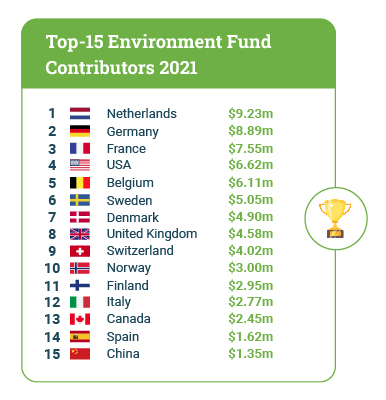
LINKS
& REFERENCE
https://www.unep.org/
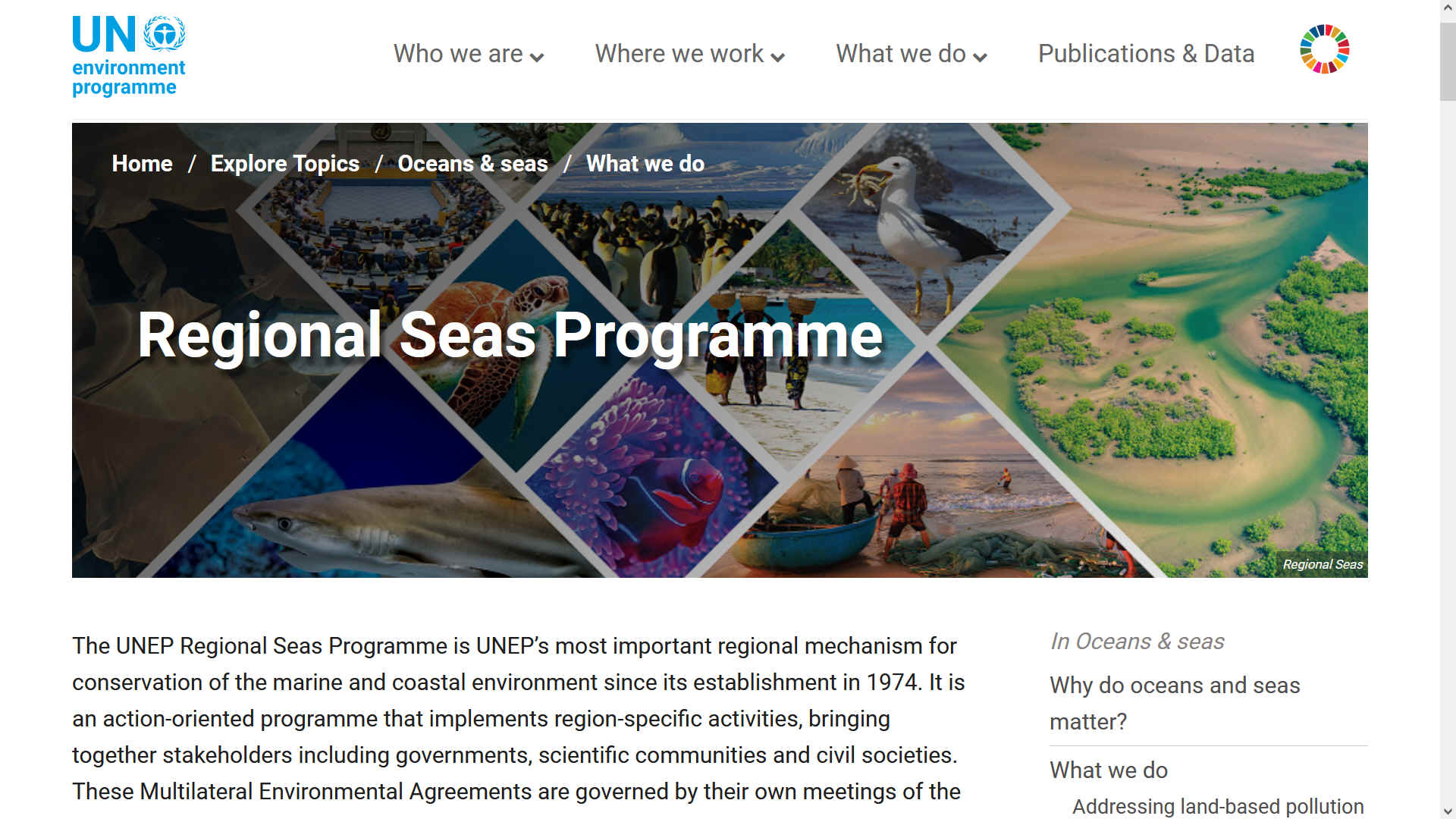
|
|
UNITED
NATIONS
WORLD
PEACE -
May only be achieved when member nations fully
endorse and action sustainable development, such that food, energy, housing
and industry all work together like a well oiled machine, in harmony with
nature. Working in harmony, means not over-exploiting mother earth's natural
resources, not killing flora or fauna past their recovery limits, and not
adding to global
warming.
|





